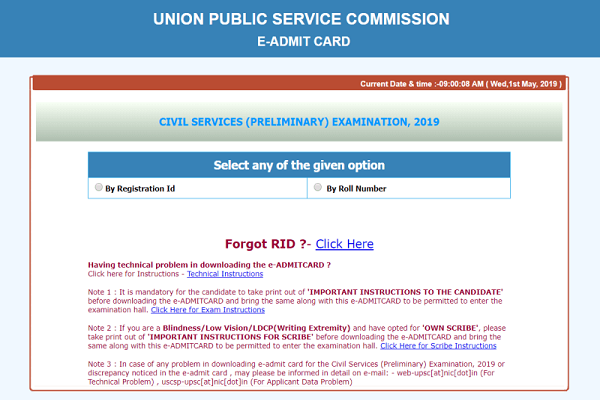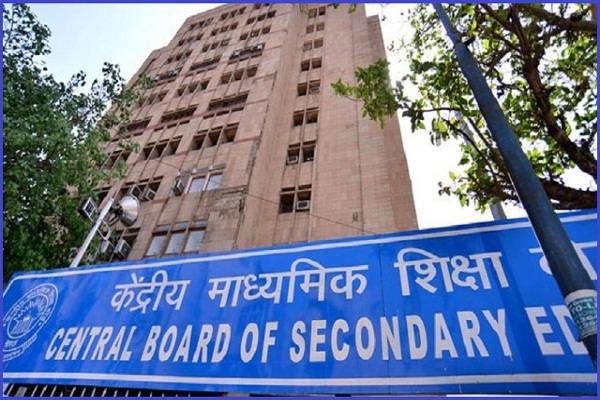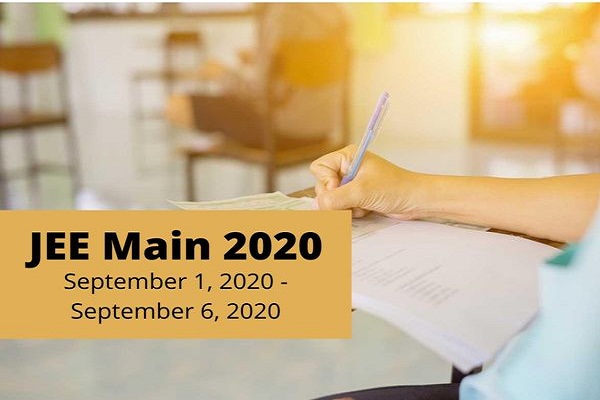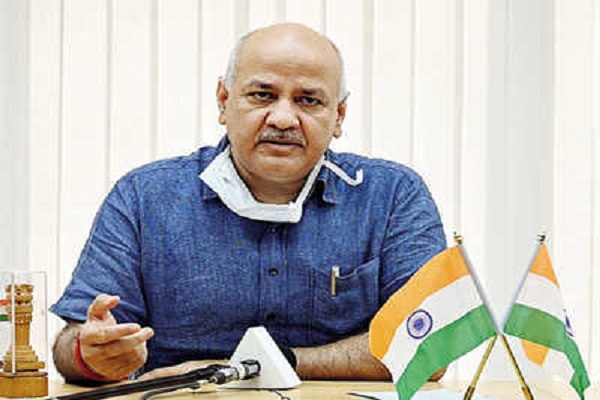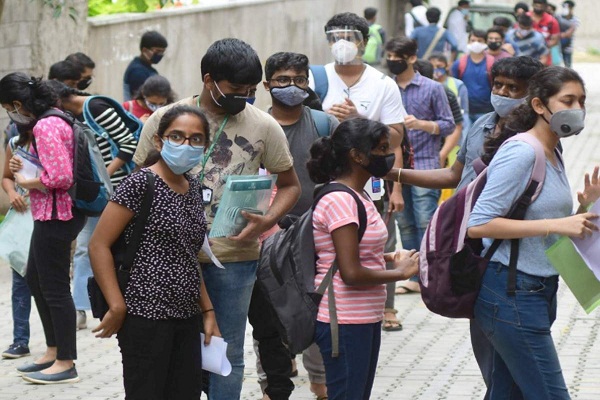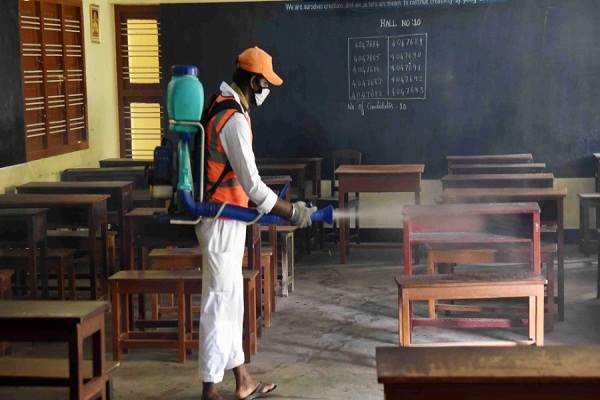Hitesh Patel, Additional Director, KYS Infosystems & Shiva Prasad G Desai, Head of Product Development, KYS Infosystems – a pioneer in the online education field that has created & customized EZSLATE, the robust Learning Management System for Schools & Universities.
1. The Ed-tech firms are going gaga in the lockdown; will the trend continue after schools re-open?
While there is a lot of gaga over Ed-tech firms during this lockdown, if we speak of schools, most online classes have been taking place over the web conferencing which is at Zero cost like Zoom and Web-Ex. However, these applications are not able to deliver content to the students, they are also not able to record the sessions that they are conducting, which shows that there is no e-learning actually happening. There is no proper learning management tool for schools. The Ed-tech companies need to share a content delivering and sharing mechanism.
Once the school reopens after the pandemic, they will start focussing on how the content will be delivered to the students so that the learning can happen both online and offline. The online teaching over web-conferencing on random tools will reduce. Adaptation of a robust learning management system will be a necessity.
2. How advent usage of LMS has changed the education sector in India?
There have been very few organizations and schools that have implemented the LMS in its true sense. The technology investments that have been done by schools in the e-learning space has been more on the web conferencing tools. However, LMS is going to change. If we look at the new education policy and some of its contents in the area of competency and learning outcomes, the LMS is going to play a key role. The product, EzSlate, that we have developed conforms to most of its requirements and we are happy to see it implemented in the schools of India.
Also read: Covid Impact: Online teaching is the only solution
3. How EzSlate LMS is unique from others?
The LMS is going to play a key role. We have to look at both online teaching and offline teaching, which is also the blended teaching methodology of teaching in schools. This is possible through EzSlate. We are unique because we have the functionality where recordings are available for students. We can also do content development and content sharing along with live virtual classrooms. We can also do assessments, quizzes, and homework online. Our positioning has been done in a manner where we do call ourselves a platform and not software, which is easy to use and implement by Schools. This is where EzSlate differs from other products in the market space. And we are content-agnostic. A third-party developer can easily come on to our platform and share their content with us which would be of great advantage as far as the schools are concerned. Currently, we are curating content from NCERT from class I to XII which are readily available. We have 15,00+ questions in the question bank.
4. With LMS, how education standards can be improved?
In India, very few institutions have implemented the LMS. Post corona, the schools, and institutions will surely be looking at LMS from a different perspective. It can help in bringing the learning outcomes as per the new education policy, content sharing can easily happen and with this, the education standards will improve along with the adoption of the technology. The spectrum of the users will also increase and it will have a good outreach in terms of the number of people using it. With the internet becoming available for people in rural areas, it becomes much easier for people there to use this technology and get into learning aspects.
5. What are the future plans for EzSlate?
As of now, we are more in certain pockets of Indian market space. And we wish to go pan India with Schools. We have started supporting customers pan India and we are looking at adding additional functionalities and additional platforms that could be in the areas of plagiarism. More and more people have turned to online space as far as education space is concerned. Considering online assessments and tests that will be done, plagiarism plays a very important role. This technology will help in identifying the content students have collected and then put in place as far as their assignments and tests are concerned. Proctoring is a technology that will ensure no malpractices have happened while conducting these tests. The future plan is to use technology for their tests and assessments.
6. How the new National Education Policy will impact the usage of technology in the education sector?
New Education Policy is going to drastically increase the use of technology in the education sector. If you look at the evaluation methodology and the way it is being done currently, the new education policy talks about how the students will be evaluated basis their performance. Technology is one of the major components which will help the institutions evaluate the students which will also include the learning outcomes, the competencies, the vocational courses for the students.
7. Will technology bring down the cost of education in India?
In our opinion, it is not going to bring down the cost of education in India. It will surely do two things. Firstly, it will reach out to the remote areas of India where education can be delivered without any hassle. Secondly, technology will help students understand and comprehend better all the topics and concepts that they are learning.








